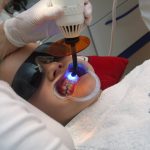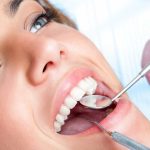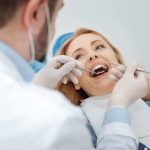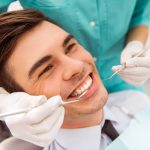When to Drink Coffee After Wisdom Teeth Removal: A Comprehensive Guide
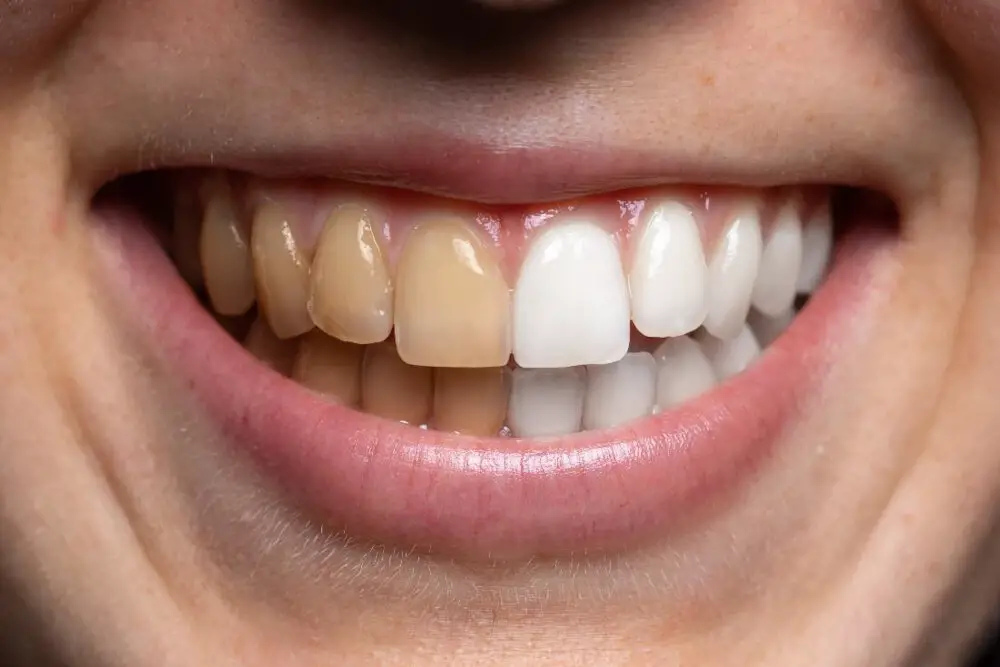
When it comes to dental surgery, one of the most common procedures is wisdom teeth removal. This can be a painful and uncomfortable experience, and patients are often left wondering about the best practices for recovery. One of the most common questions that arise after wisdom teeth removal is when it is safe to drink coffee again. As coffee is a popular beverage worldwide, it is important to know the right time to consume it after dental surgery. In this comprehensive guide, we will explore the factors that affect coffee consumption after wisdom teeth removal, including the healing process, potential complications, and tips for a speedy recovery. The recovery process after wisdom teeth removal can be different for everyone, depending on factors such as age, overall health, and the number of teeth removed. Patients are advised to follow their dentist’s instructions carefully to ensure a smooth recovery. Drinking coffee after wisdom teeth removal can be a bit tricky, as it can lead to potential complications such as dry socket or infection. However, it is not necessary to give up coffee altogether. With the right timing and precautions, patients can safely enjoy their favorite beverage without hindering the healing process. This guide will provide insight into the appropriate time to drink coffee after wisdom teeth removal, as well as ways to minimize potential risks.
Wisdom teeth removal is a surgical procedure that involves the extraction of one or more wisdom teeth located at the back of the mouth. This procedure is performed under local anesthesia, and in some cases, general anesthesia. After the surgery, patients may experience swelling, pain, and bleeding, which can be managed with prescribed painkillers, ice packs, and rest. Recovery time can vary from a few days to a few weeks, depending on the extent of the surgery and the patient’s overall health. During the recovery period, patients should avoid smoking, drinking from straws, and consuming hard or crunchy foods that could irritate the surgical site. It is crucial to follow post-operative instructions carefully to ensure a smooth and successful recovery.
Caffeine is a stimulant that is widely used by people to increase alertness and focus. For some individuals, caffeine is an essential part of their daily routine, and they rely on it to function at their best. Whether it’s to jumpstart their day or to push through a long workday, caffeine can provide the necessary boost to keep them going. It’s no wonder that caffeine is found in so many beverages and foods, including coffee, tea, energy drinks, and chocolate. For individuals who have recently undergone wisdom teeth removal, however, the consumption of caffeine can be a bit more complicated. It’s important to understand the effects of caffeine on the body and to know when it’s safe to consume it after surgery.
Why You Should Avoid Coffee Right After Wisdom Teeth Removal

After a wisdom teeth removal, it is essential to take proper care of your mouth to ensure a smooth and speedy recovery. One crucial aspect of post-operative care is avoiding certain foods and drinks that can cause harm or discomfort. One of the beverages to avoid is coffee. Coffee contains caffeine, which can be detrimental to the healing process. Caffeine is a stimulant that can cause an increase in heart rate and blood pressure, which can lead to bleeding and delayed healing. Additionally, coffee is often served hot, and the heat can cause pain and swelling in the mouth. Therefore, it is best to avoid coffee for at least 24-48 hours after wisdom teeth extraction to ensure the healing process is not disrupted. Furthermore, coffee can also interfere with the medication prescribed by your dentist or oral surgeon. Painkillers such as ibuprofen or aspirin can interact with caffeine and cause adverse side effects, such as stomach upset or increased blood pressure. Additionally, some antibiotics used to prevent infection after surgery can also interact with caffeine, reducing their effectiveness. Therefore, it is best to avoid coffee until you have completed the prescribed medication course. In summary, avoiding coffee after wisdom teeth removal is essential for a smooth and speedy recovery.
Drinking coffee too soon after surgery can pose several risks and potential complications. Firstly, caffeine can interfere with the healing process by constricting blood vessels, which may cause a delay in the formation of blood clots, leading to bleeding at the surgical site. Additionally, coffee has a diuretic effect, causing dehydration, which can increase the risk of dry socket, a painful condition that occurs when the blood clot in the socket is dislodged, exposing the bone and nerves. Furthermore, coffee can also cause an increase in heart rate and blood pressure, which may lead to complications for individuals with pre-existing heart conditions. Therefore, it is recommended to wait at least 24-48 hours after surgery before consuming coffee.
Caffeine, a psychoactive drug commonly found in coffee, tea, and some medications, can exacerbate pain, swelling, and bleeding after wisdom teeth removal due to its vasoconstrictive properties. Caffeine constricts blood vessels, reducing blood flow to the affected area, which can impede the body’s natural healing process. In addition, caffeine is a diuretic, meaning it promotes fluid loss, which can lead to dehydration and further hinder the healing process. Therefore, it is recommended to abstain from caffeine consumption for at least the first 24 to 48 hours after wisdom teeth removal to promote proper healing and minimize discomfort.
When You Can Safely Drink Coffee After Wisdom Teeth Removal
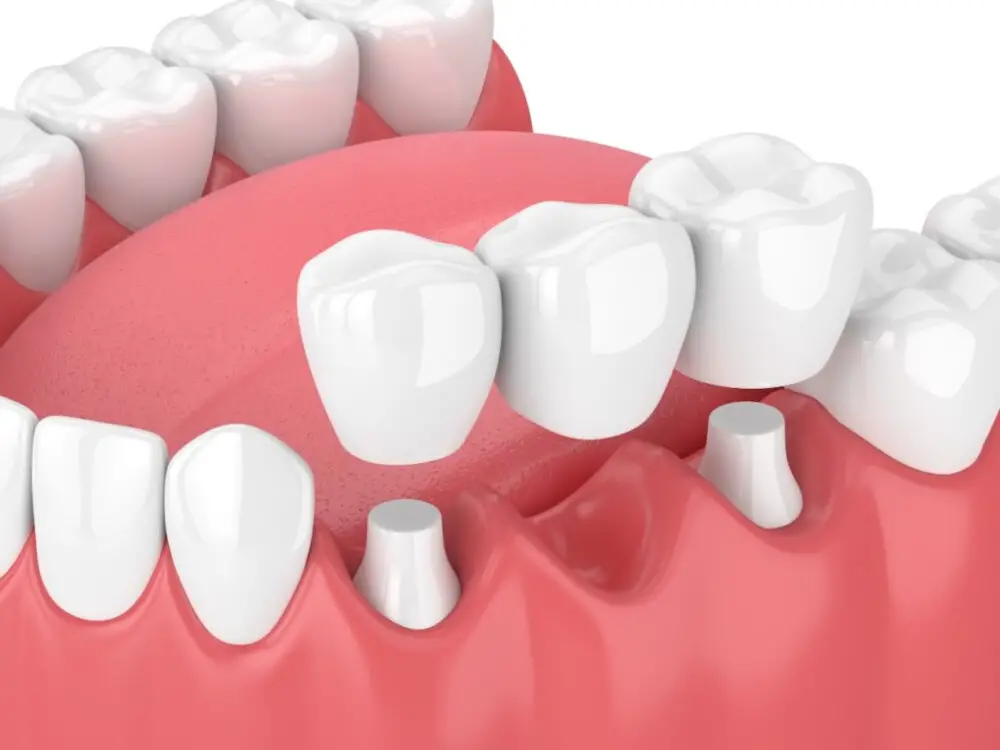
After wisdom teeth removal, it is essential to avoid certain foods and drinks to aid in the healing process. Coffee is one of the most challenging beverages to give up for coffee lovers, and many wonder when they can safely consume it again. Generally, it is recommended to wait at least 24 hours after wisdom teeth removal before drinking coffee. However, it is still advisable to consult with your dentist or oral surgeon regarding your specific condition and recovery. It is important to note that drinking hot beverages such as coffee can slow down the healing process, increase swelling, and cause dry sockets. Dry sockets occur when the blood clot that forms in the socket is dislodged or dissolved, exposing the underlying bone and nerves to air, food, and fluids. This condition can be incredibly painful and may require additional treatment to resolve. Therefore, it is best to avoid hot beverages for the first few days after wisdom teeth removal and opt for cold drinks instead. Once you have fully healed, you can gradually reintroduce coffee into your diet, but be sure to drink it at a lukewarm temperature and rinse your mouth with water afterward.
The general timeline for recovery and healing after wisdom teeth removal can vary from person to person, depending on factors such as age, overall health, and the number of teeth removed. Typically, the first 24 to 48 hours after the procedure are the most critical, during which time patients should rest and avoid strenuous activity. Swelling, pain, and bleeding are common during this time and can be managed with medication and ice packs. In the following days and weeks, patients should continue to rest and avoid hard or crunchy foods that could irritate the surgical site. Full recovery can take up to two weeks, but many patients report feeling back to normal within a few days. It’s important to follow all post-operative instructions provided by your oral surgeon to ensure a smooth and successful recovery.
There are several factors that may affect when you can start drinking coffee again after wisdom teeth removal. Firstly, age can play a significant role as older individuals may take longer to recover due to slower healing rates. Secondly, overall health can impact recovery time, with those who are generally unhealthy or have underlying medical conditions taking longer to heal. Additionally, medication use can also delay recovery as certain medications can interact with the body’s natural healing processes. For example, painkillers may mask symptoms and make it difficult to determine if healing is progressing correctly. Therefore, it is important to consult with a healthcare professional before resuming coffee consumption after wisdom teeth removal to ensure that it is safe and appropriate for your individual circumstances.
After wisdom teeth removal, it is recommended to avoid coffee for at least the first 24 hours to prevent any potential complications such as dry socket or bleeding. However, once the initial healing period has passed, moderate coffee consumption can be beneficial for recovery due to its anti-inflammatory properties. It is recommended to limit coffee intake to one to two cups per day and to consume it at least 30 minutes after taking any pain medication or antibiotics to avoid any potential interactions. Additionally, it is important to allow enough time between coffee consumption and brushing teeth to avoid irritating the extraction site. Overall, a moderate and mindful approach to coffee consumption can aid in the recovery process after wisdom teeth removal.
Alternatives to Coffee During Wisdom Teeth Recovery
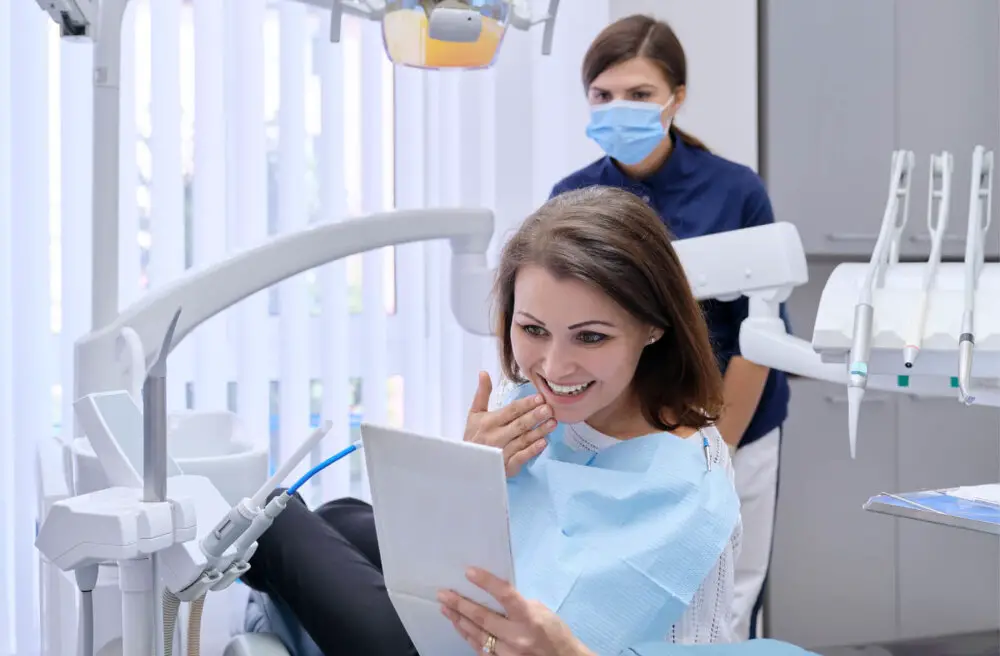
If you’re a coffee lover, wisdom teeth removal can be a challenging time for you. It’s important to avoid drinking coffee during the recovery period as it can interfere with the healing process and prolong your recovery time. Fortunately, there are many alternatives to coffee that you can try to help you cope with the caffeine withdrawal symptoms and keep you energized throughout the day. One of the most popular alternatives to coffee is tea. Tea contains caffeine, but in smaller amounts than coffee, making it a safer option during the recovery period. Herbal teas like ginger, chamomile, and peppermint are also great options as they have anti-inflammatory properties that can help reduce swelling and pain in the affected area. Additionally, herbal teas can help you relax and relieve stress, which is essential for a speedy recovery. Other alternatives to coffee include fruit juice, smoothies, and water with lemon or lime, which can keep you hydrated and provide essential vitamins and minerals to help your body heal faster.
If you’re looking for a way to boost your energy after wisdom teeth removal without relying on coffee, there are other options available. One great choice is green tea, which contains caffeine but has less of an impact on your teeth and gums than coffee. If you’re looking for a non-caffeinated option, you could try drinking water infused with fruit for added flavor and hydration. Additionally, certain foods can provide an energy boost, such as bananas that are rich in potassium, almonds that provide protein and healthy fats, and dark chocolate that contains caffeine and antioxidants. Just be sure to avoid any hard or chewy foods that could irritate your extraction sites.
Staying hydrated and nourished during recovery after wisdom teeth removal is crucial to promote healing and prevent complications. Drinking plenty of water helps to flush out toxins and bacteria from the body, keeping the mouth clean and preventing infection. It also helps to reduce inflammation and swelling, which can be particularly helpful after oral surgery. Eating nutrient-dense foods, such as fruits, vegetables, and lean proteins, provides the body with the essential vitamins and minerals it needs to repair tissues and boost the immune system. Additionally, staying hydrated and nourished can help to reduce discomfort and promote a faster recovery, allowing patients to return to their normal activities as soon as possible.
Tips for a Successful Recovery After Wisdom Teeth Removal
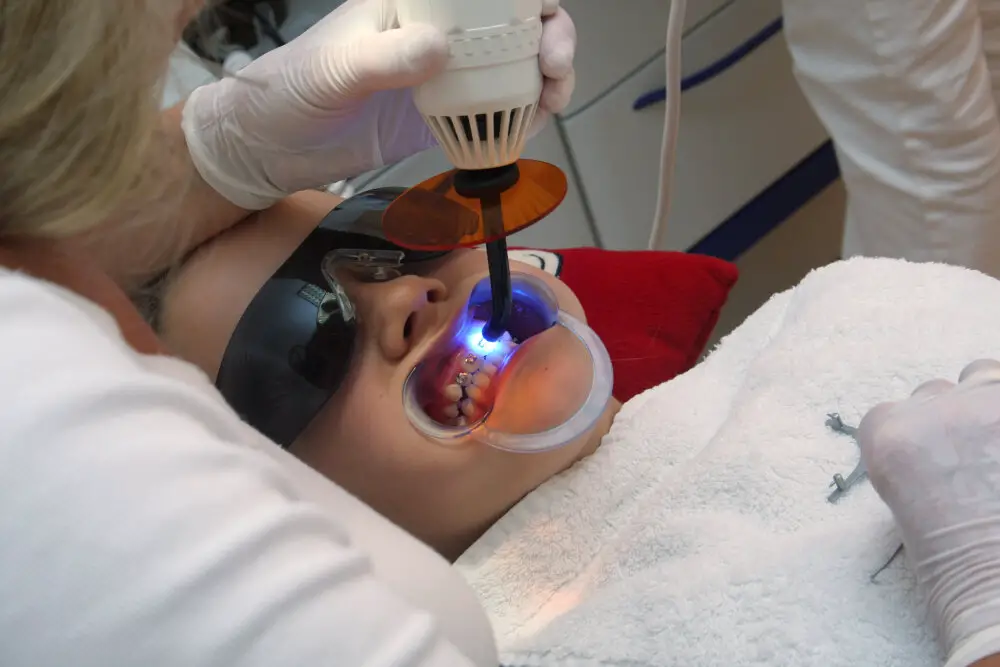
After wisdom teeth removal, it is essential to take care of yourself for a successful recovery. Here are some tips to help you recover successfully after wisdom teeth removal. Firstly, make sure to rest and limit any physical activity for the first few days after surgery. This will help your body focus on healing and prevent any complications. Avoid any heavy lifting, strenuous exercise, or bending over as this can increase blood flow to the extraction site and prolong the healing process. Additionally, it is important to maintain a soft-food diet for the first few days after surgery. Avoid hard, crunchy, and chewy foods that can irritate the extraction site and cause pain. Stick to soft foods like soup, mashed potatoes, smoothies, and yogurt. Also, make sure to drink plenty of water to stay hydrated and help flush out any toxins from your body. Lastly, avoid smoking and drinking alcohol as these can delay healing and increase the risk of complications. Follow these tips, and you will be on your way to a speedy and successful recovery after wisdom teeth removal.
After any surgical procedure, pain, swelling, and other common side effects are inevitable. However, there are several ways to manage these symptoms and promote quick recovery. It is essential to follow the prescribed pain medication regimen and avoid over-the-counter pain relievers, as they may interact with other medications. Applying ice packs to the affected area can help reduce swelling and discomfort. Avoiding strenuous activities, smoking, and consuming alcohol can also aid in the healing process. Maintaining a balanced diet, staying hydrated, and getting adequate rest are crucial for a speedy recovery. If the pain or swelling persists for an extended period or is accompanied by fever or bleeding, it is essential to consult the surgeon immediately.
Maintaining good oral hygiene and preventing infection is crucial during recovery after wisdom teeth removal. Firstly, it is essential to follow the dentist’s instructions, including taking prescribed medication and using recommended mouthwash. It is also important to avoid smoking and using straws, as they can dislodge the blood clot and delay the healing process. Additionally, gently rinsing the mouth with warm saltwater can help reduce swelling and keep the extraction site clean. Avoiding hard and crunchy foods and sticking to soft and nutritious options can also aid in the recovery process. Furthermore, maintaining a consistent oral hygiene routine, including brushing twice a day and flossing regularly, can help prevent infection and promote healing.
The article titled \When to Drink Coffee After Wisdom Teeth Removal: A Comprehensive Guide\ provides a detailed overview of the factors to consider when drinking coffee after wisdom teeth removal. The article highlights that caffeine can hinder the healing process, and it is essential to avoid it for the first few days after the surgery. Additionally, the article provides alternative drinks such as tea or decaf coffee, which can be consumed instead of regular coffee. The article also outlines the importance of staying hydrated and maintaining a balanced diet that promotes healing. Overall, the article emphasizes the importance of taking appropriate precautions when consuming coffee after wisdom teeth removal to ensure a quick and painless recovery.
Recovering from wisdom teeth removal can be a challenging experience, especially for coffee lovers. If you’re one of those people who can’t start the day without a cup of joe, be sure to wait at least 24 hours after your surgery before indulging in your favorite beverage. During the first few days of recovery, stick to soft foods and avoid hot liquids altogether, as they can cause complications and interfere with the healing process. Once you’re ready to reintroduce coffee into your diet, start with small sips and gradually increase your intake as your mouth heals. Remember to rinse your mouth with saltwater after drinking coffee to help reduce the risk of infection and promote healing. With patience and care, you’ll be back to your regular coffee routine in no time.
Conclusion
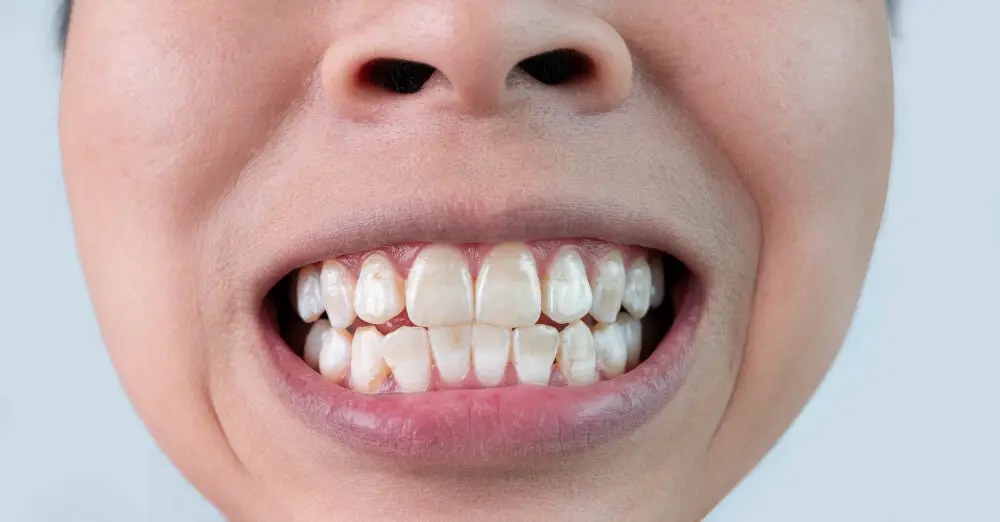
In conclusion, drinking coffee after wisdom teeth removal can be a challenging task as it requires careful consideration of various factors such as pain, bleeding, and medication. It is essential to wait for at least 24-48 hours before consuming any hot beverages and to avoid drinking from a straw to prevent dislodging the blood clot. Additionally, it is crucial to consult with your dentist or oral surgeon to determine the best time and method to consume coffee after wisdom teeth removal. Always prioritize your healing process and follow the guidelines provided by your healthcare provider to ensure a speedy recovery. Remember, patience and caution are key when it comes to drinking coffee after wisdom teeth removal, so take care of yourself and enjoy your cup of joe at the right time.
